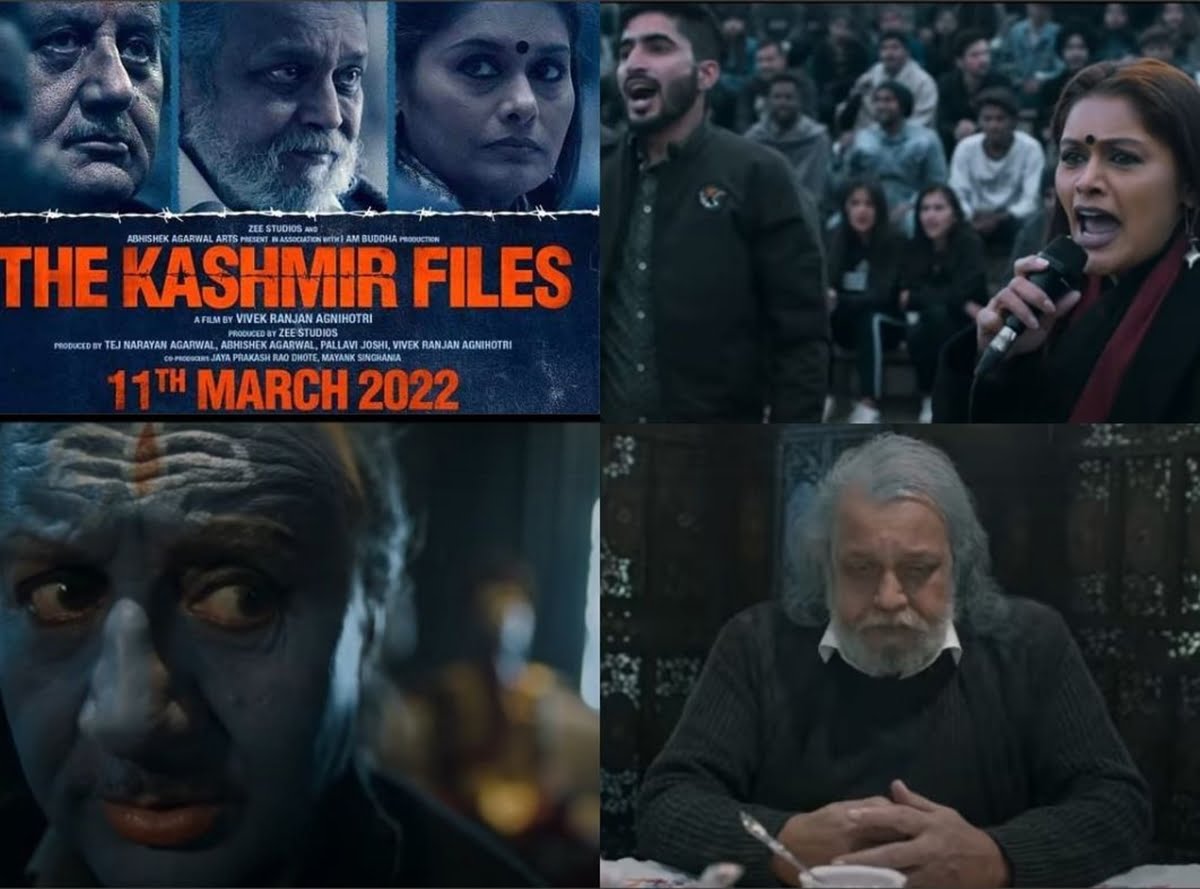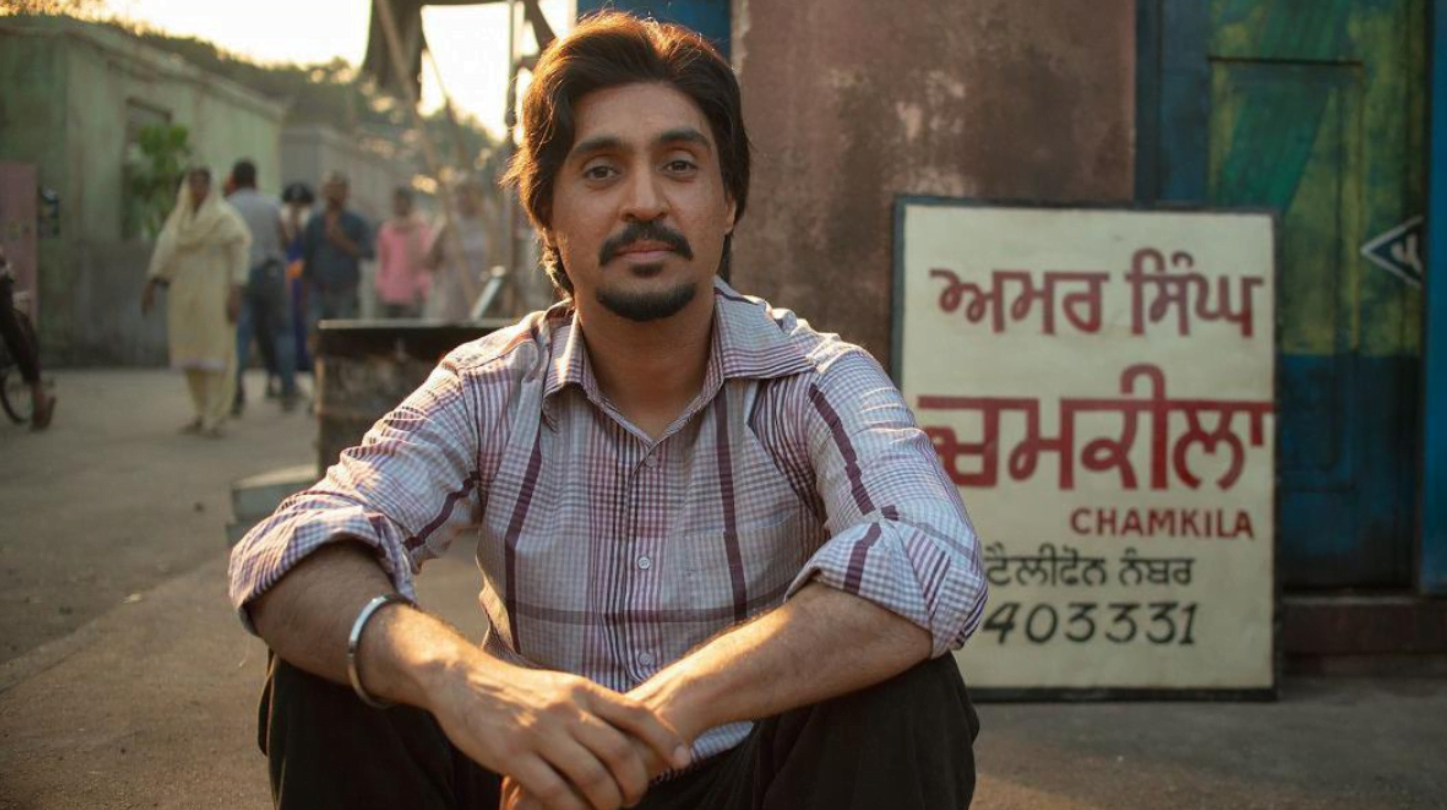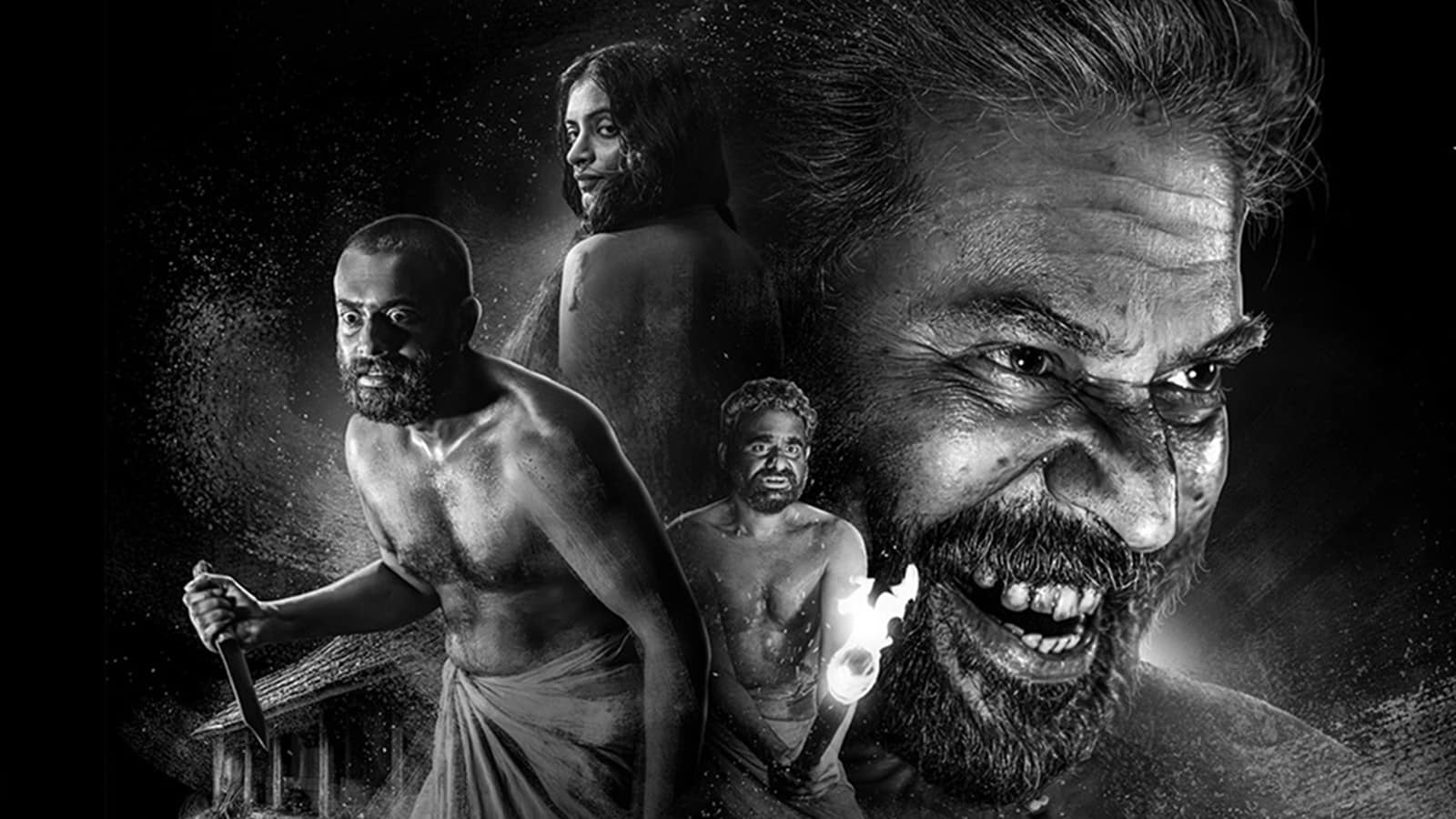The Kashmir Files, directed by Vivek Agnihotri, has attempted to showcase the stories of horrors and impeccable crimes committed against the Kashmiri pandits from the Valley who were forced to leave their homes in the backdrop of upsurge in militancy during the early 90s.
The far right bot squads are in full swing to persuade everyone that the film is closest to the truth and have urged the Film Federation of India to nominate it for Academy Awards. Several BJP ruled states such as Madhya Pradesh, Gujarat and Karnataka have waived off taxes so that more people could watch it.
However, when politicians give something for free, it is better to approach it with a pinch of salt. The movie has all the ingredients that the ruling party needed to push its narrative of hatred against Muslims. In a scene, one of the protagonists played by Anupam Kher is trying to convince his grandson that Azadi is the song of terrorism and those students and academics who are demanding the liberation of Kashmir from occupation of a ‘settler state’ are part of a larger sinister network. a.k.a tukde-tukde (separatists) gang and urban naxals, a term made popular by the director himself. The film also seems to push the Hindu victimisation card that perfectly fits with the crafted hysteria brought about by the popular right wing slogan of “Hindu khatre mein hai” (Hindus are in danger).
Also read: In A Climate Of Repression, Freelance Journalists Remember The Kashmir Press Club That Was

The movie has all the ingredients that the ruling party needed to push its narrative of hatred against Muslims. In a scene, one of the protagonists played by Anupam Kher is trying to convince his grandson that Azadi is the song of terrorism and those students and academics who are demanding the liberation of Kashmir from occupation of a ‘settler state’ are part of a larger sinister network. a.k.a tukde-tukde (separatists) gang and urban naxals, a term made popular by the director himself. The film also seems to push the Hindu victimisation card that perfectly fits with the crafted hysteria brought about by the popular right wing slogan of “Hindu khatre mein hai” (Hindus are in danger).
The creative liberty granted to artists for expanding the horizon of cinema has been efficiently used by the director to paint Kashmiri Muslims as collaborators in the downfall of the Kashmiri Pandits and advertently put all the blame on their heads for the tragedy that had befallen on Pundits.
Often, in the three-hour long movie where sometimes hollow propaganda is not even backed up with convincing arguments, it feels that in the age of populism, selective and biased reading of past events can keep the ball rolling.
The tale of exodus of the Kashmiri Pandits is incomplete without exploring the reasons as to what led to this.
Since Jammu and Kashmir acceded to India in 1947, the Indian National Congress at the Center did not allow the region a transparent democratic electoral process. Legislative elections of 1987 saw the voter turnout at close to 75 percent, when Muslim United Front (MUF) was expected to claim a landslide victory but Delhi didn’t approve the results and on its direction, ballot-rigging was done on a massive scale that helped the National Conference to retain power in J&K. Pro-independence factions illustrated the election fraud as the betrayal of people’s trust and used this incident to fan the flames of separatism. Global events including the First Intifada and the disintegration of the Soviet Union proved to be a driving force and provided a fertile ground for the militant uprising in the valley.
The 90s was the period of India’s tryst with Hindu Nationalists. Prime Minister Rajiv Gandhi Gandhi was taking his deepest dives in the politics of opportunism, a few years later the BJP-sponsored Rath Yatra which was led by Lal Krishna Advani in support of Ram Temple in Ayodhya which in turn led to the communal riots after.
A report published by Human Rights Watch in 1993 revealed that in three and half years after the electoral collusion in 1989 almost 12,000 people, most of them civilians, were killed and about 100,000 people, mostly Hindus, had to flee the Valley. The indiscriminate use of lethal weapons, extrajudicial killings, enforced disappearances, rape and barbarity had reached to the saturation level. These were the reasons that resulted in the alienation of Kashmiri’s hope in Indian democracy and Pandits became an easy target of militants and armed rebels.
This movie can be seen as the reflection of modern India. Muslims, Dalits, tribal people and free thinkers have replaced the helpless Pandits. The right wing extremists are okay when calls of ethnic cleansing against Muslims are echoed, they brazenly celebrate the ban of certain cultural and religious attires and cheer when legislations were passed to seize their citizenship. The Central government’s discriminatory policies, resounding silence of the Indian people and on some occasions, their bolstering expectations from the state to lower Muslims’ constitutional status to second class citizens may bring out the Frankenstein monster that, in the words of Arundhati Roy, will consume India.
Also read: Poster Series: Remembering Kunan Poshpora On Kashmiri Women’s Resistance Day
As far as Kashmiri Pandits are concerned, they have every right to present their version of story but for a filmmaker with clear bias towards the right-wing fundamentalist politics of the BJP government could create irreparable fault lines that will ultimately help the incumbent political party to dismantle democracy in the garb portraying the true accounts of victims.
As far as Kashmiri Pandits are concerned, they have every right to present their version of story but for a filmmaker with clear bias towards the right-wing fundamentalist politics of the BJP government could create irreparable fault lines that will ultimately help the incumbent political party to dismantle democracy in the garb portraying the true accounts of victims.
The Kashmir Files has tried to justify the unilateral actions of the government, one of which is the unconstitutional abrogation of Article 370, that really had nothing to do with the exodus of Pandits. A film that seems to propagate malice against people from particular sections cannot be made to stand in the line of worthy contenders that could represent India on prestigious international platforms. Calling it India’s Schindler’s List is definitely an insult to Jews and their traumatic legacy.




